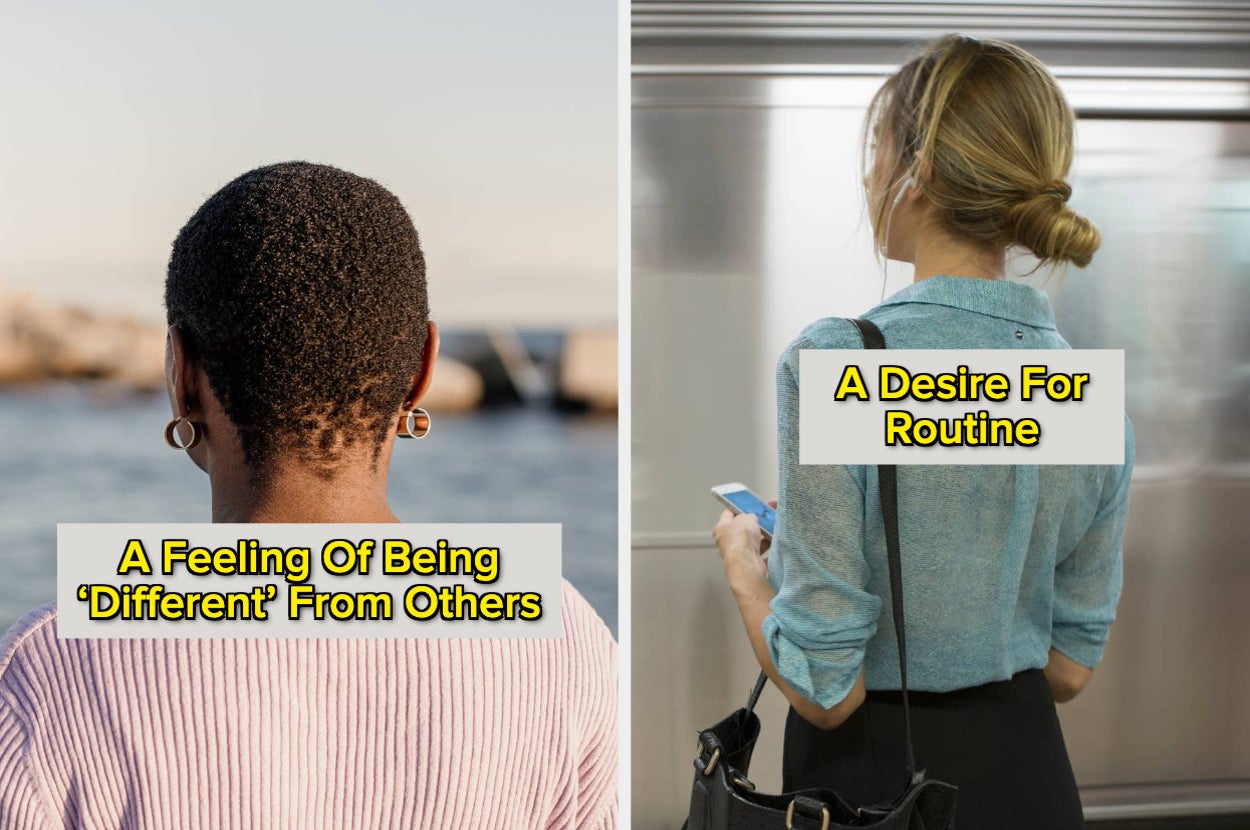
Understanding the Signs of Autism in Adulthood
Many people, especially women, often go through life without a formal diagnosis of autism. This is partly because the diagnostic tools used today were developed primarily based on observations of white boys from high socioeconomic backgrounds. As a result, many autistic individuals, particularly women, may not be identified until they reach adulthood.
Dr. Megan Anna Neff, a clinical psychologist based in Oregon, highlights that a recent study found 80% of women with autism remain undiagnosed at age 18. This can be attributed to several factors, including societal expectations and the way autism is typically recognized. Stephanie Gardner-Wright, a licensed master social worker and certified autism clinical specialist in Michigan, explains that current diagnostic methods often focus on external behaviors rather than internal experiences, which can vary greatly from person to person.
Autism is a spectrum, meaning it presents itself in diverse ways. Dr. Neff emphasizes that there is more diversity within autism than between autism and allistic (non-autistic) individuals. This variability means that no two autistic people will experience or express their traits in the same way.
Common Signs of Autism in Adults
There are several signs that might indicate autism in adults. These signs can be subtle and vary from person to person, but they often include:
A Feeling of Being 'Different' from Others
Many autistic individuals report feeling different from others throughout their lives. Brandon Tessers, director of Effective Artistry, describes this as “feeling like an alien sometimes.” Dr. Vanessa Bal, director of the Center for Adult Autism Services Psychological Services Clinic at Rutgers University, notes that this feeling is not just a temporary phase but a lifelong experience. The key difference is that for autistic people, this sense of being an outsider does not come and go; it persists over time.
However, it's important to note that not all autistic people feel like outsiders all the time. Some find environments that are more inclusive and become more comfortable with their identity as they age.
Difficulty with Social Cues
Social cues can be challenging for those with autism. They may struggle to understand appropriate levels of eye contact or when to stop smiling during a conversation. While some learn to mask these difficulties, it’s not an innate ability for them, according to Gardner-Wright.
Confusing Relationship Histories
Autistic adults often have complex relationship histories, both romantic and platonic. Dr. Neff points out that relationships may end abruptly without clear reasons, leading to confusion. This can make navigating social interactions particularly challenging.
Sensory Differences
Sensory sensitivity is another common sign. People with autism may be hyper-aware of certain sounds or completely unaware of them. For example, they might constantly notice a ticking clock or be highly sensitive to loud noises.
A Desire for Routine
Consistency and routine can provide comfort for many autistic individuals. Disruptions to routine can lead to heightened emotions such as irritability or anxiety. Routine doesn’t have to be strict; it could be as simple as using a specific mug every morning. Large changes, such as moving homes or changing jobs, can also be stressful.
Need for Solitude
After social or overstimulating events, many autistic people need time alone to recharge. This is often linked to "camouflaging" or "masking," where individuals hide aspects of themselves to fit in. While this can be exhausting, it's a common strategy among autistic individuals.
Intense Interests
A deep passion for a particular subject or activity is another sign. These interests can serve as a form of self-soothing and may influence how autistic individuals interact with the world. However, unlike allistic people, these interests often become central to their worldview.
Dislike of Small Talk
Small talk can be draining for autistic individuals. Many prefer deeper, meaningful conversations. They may structure their lives to avoid small talk altogether.
Preference for Direct Communication
Autistic people often value straightforward and honest communication. They may take phrases literally, such as interpreting "it's raining cats and dogs" as actual animals falling from the sky. This directness can be seen as a strength in many cases.
Resources for Further Exploration
If you recognize these signs in yourself, it's important to seek guidance from autistic voices. Social media platforms like Twitter offer spaces such as the #actuallyautistic hashtag, where individuals share their lived experiences. These communities can provide validation and support.
Additionally, websites like embrace-autism.com offer free screening tools and resources to help you better understand your experiences. However, it's crucial to remember that these tools are not a substitute for professional diagnosis.
Connecting with a neurodivergent-affirming therapist can also be beneficial. Mental health professionals who understand autism can provide tailored support and guidance. If you're unable to access local services, community organizations may offer alternative resources.
Ultimately, discovering that you're autistic as an adult can be a powerful and validating experience. It can help you better understand yourself and navigate life with greater clarity and confidence.